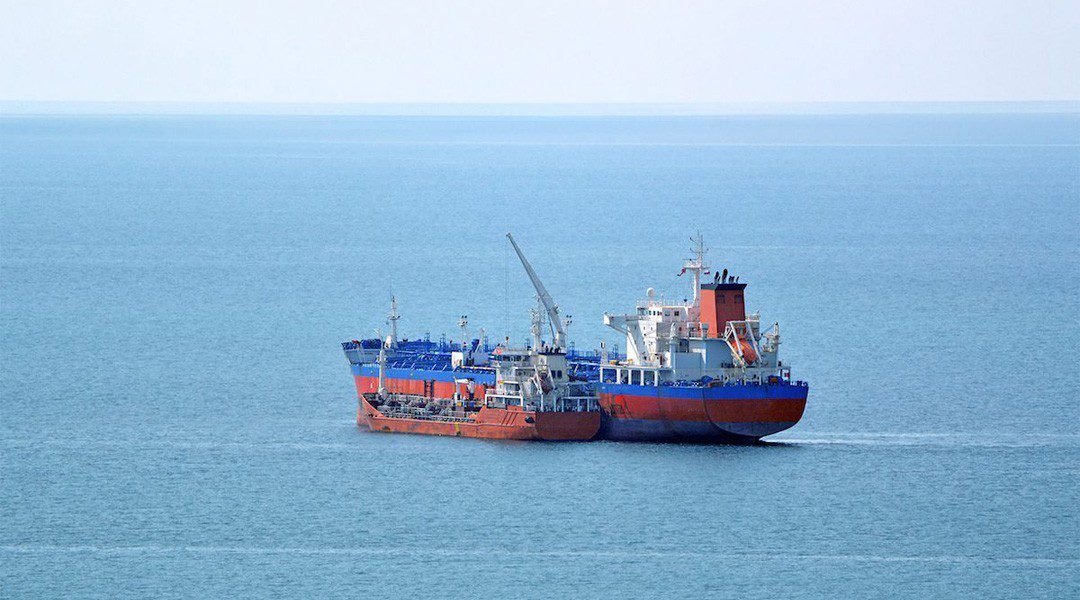Ammonia is at the top of the list of the potential shipping fuels of the future, being a zero-carbon solution that can become economically viable.
The shipping industry has already built extensive experience in transporting and handling ammonia onboard vessels, and we are seeing major strides being made in designing ammonia-ready engines.
However, the major issue when it comes to burning ammonia is its high toxicity which doesn’t bode well with the ‘safety first’ concept in the sector.
“When it comes to ammonia we run the risk of over-simplifying certain parts of this. I certainly don’t have the intention of discrediting any fuels that we are talking about, simply because we can’t afford to do so. But, let’s be honest about ammonia: We can’t engineer out the toxicity,” Mark Cameron, Cheif Operating Officer of Ardmore Shipping said while speaking during a panel on alternative fuels landscape as part of CapitalLink’s 2n Decarbonization in Shipping Forum.
As explained, the shipping industry can do many other things around fuels when it comes to the ability to transport and burn them, but removing toxicity is not one of them.
Cameron insists that the toxicity aspect presents a major challenge when it comes to ammonia, which shouldn’t be taken too lightly. Other considerations that need to be taken into account are pilot fuels used when talking about ammonia and methanol and also the fact that the process of trialing new fuels is a trajectory.
“Sometimes starting with just replacing a diesel generator right now with an alternative type of fuel product can be a step in the right direction,” he pointed out.
Speaking on the decarbonization of shipping, Cameron said that there has to be a well-to-wake consideration when it comes to decarbonizing shipping because every other industry and country will take the same approach in facing the challenge.
“This is a much bigger question than what shipping is facing alone. We have to be looking at competitive alternative sources that land-based industries will be looking at. If we are not all measured by the same standards in terms of production, then we are just isolating shipping into a false environment that may give us some immediate comfort but not actually serve the bigger purpose,” he added.
Speaking about the future of fuels, Bud Darr, Executive Vice President of Maritime Policy and Government Affairs at MSC Group, said that the sector needs to have in mind that due to its relatively low share in global CO2 emissions (2-3 %) it will not be the primary driver of the large-scale delivery of alternative fuels. As a result, the industry should consider where can it ‘catch a ride’ off of some of other energy users.
In 2021, Ardmore Shipping Corporation teamed up with Element 1 Corp. and Maritime Partners to establish a joint venture that would deliver E1’s methanol-to-hydrogen technology to the marine sector.
The company believes hydrogen is one of the key zero-carbon fuels for the future.






